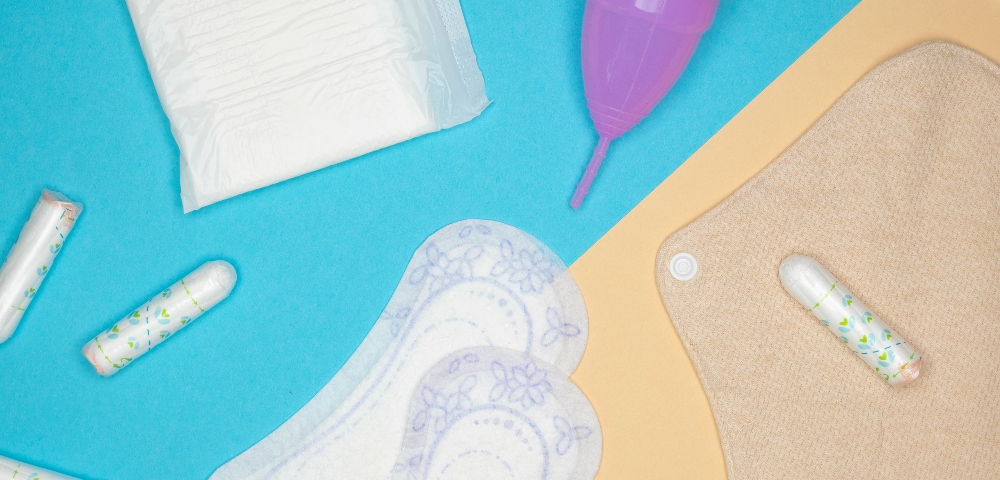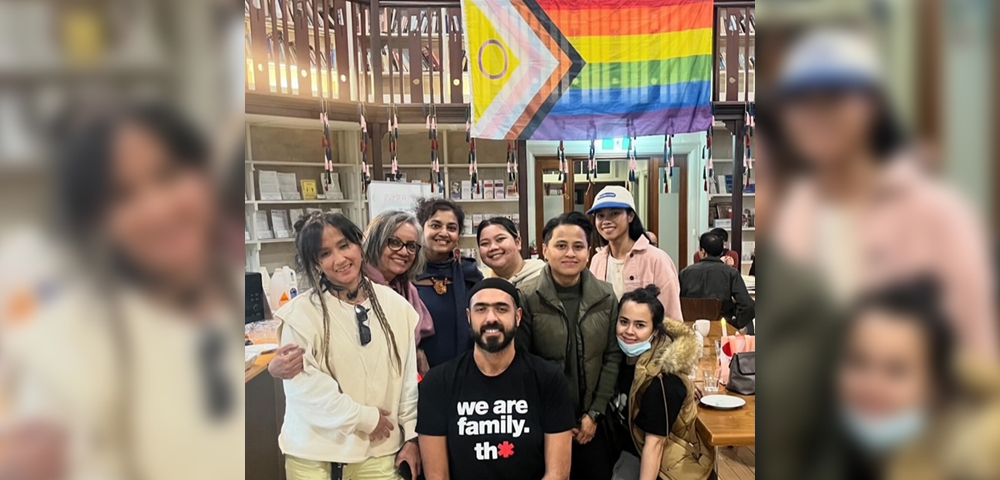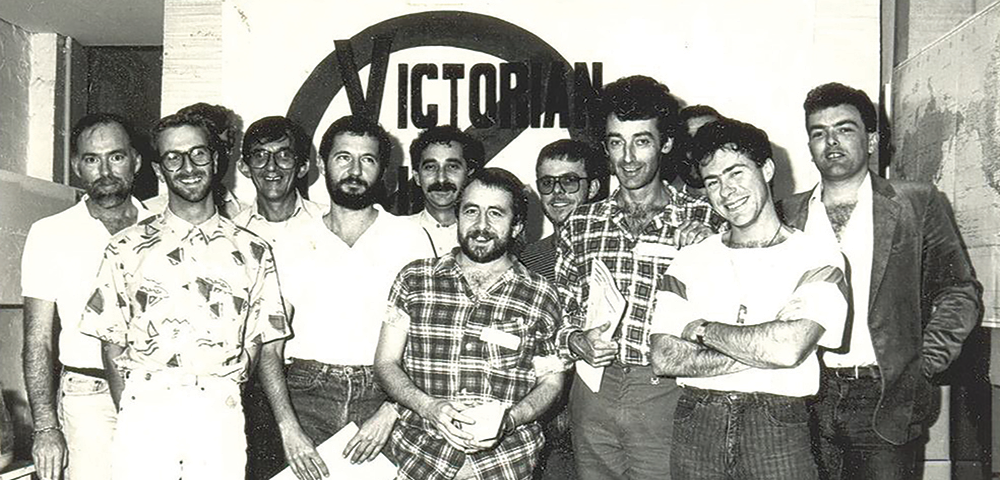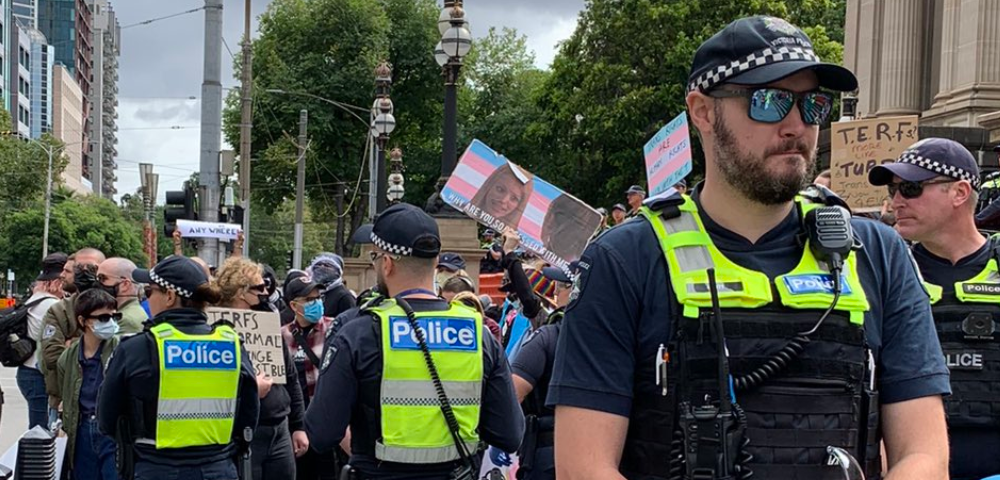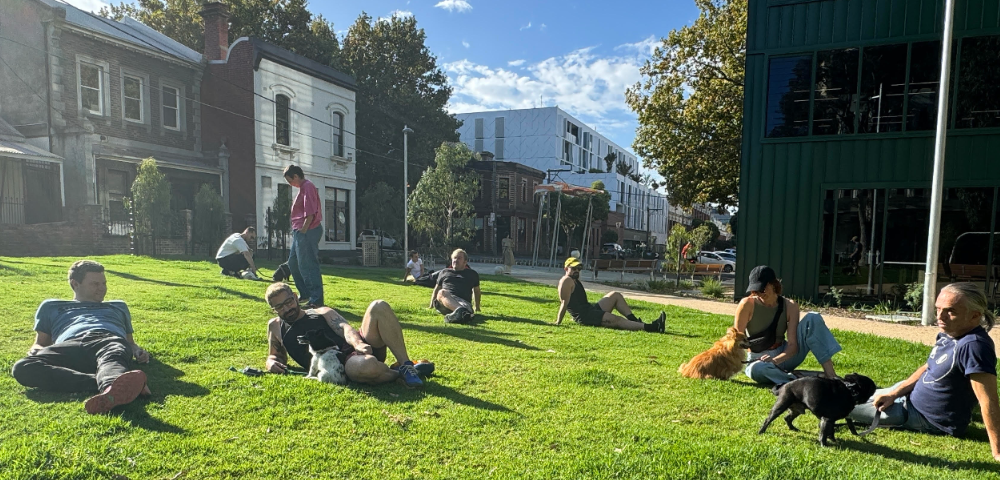
We’re more than a tragedy or an inspiration: Jax Jacki Brown
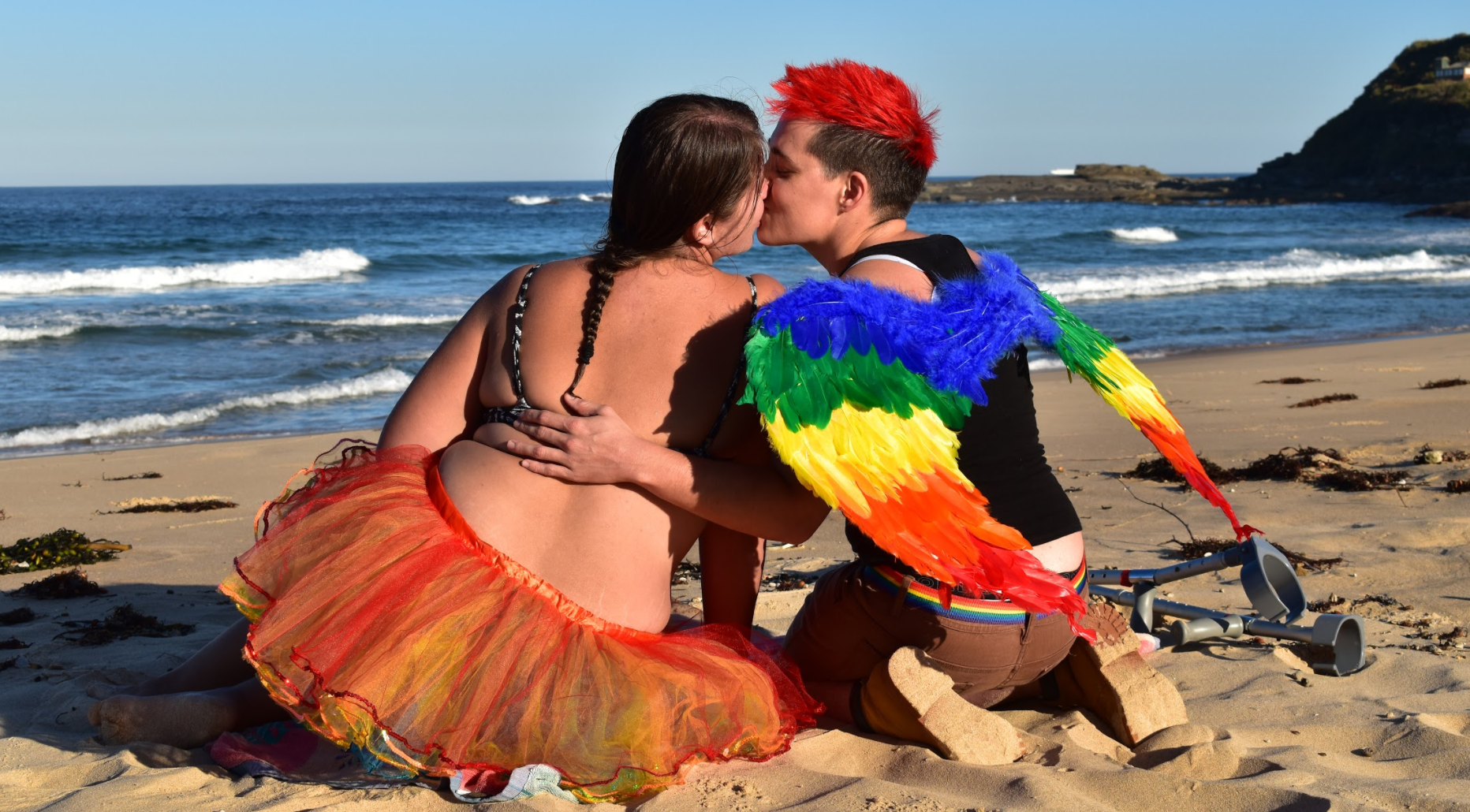
The theme of this year’s Melbourne Writer’s Festival is “revolution”.
The festival – which runs from Friday 25 August to Sunday 3 September – will bring together more than 350 writers, activists, and thinkers leading the resistance to explore ideas for a more hopeful future.
Matthew Wade spoke with queer disability activist and writer Jax Jacki Brown about her work.
***
When did you fall in love with writing?
I don’t know if I fell in love with it. I think that there is this romantic idea that writers sit down and it all just pours out of us, but often it’s really hard.
As well as being a wheelchair user I have dyslexia so writing to me is always an interesting dance between what I think I’ve written and what my brain sees on the page, and what I have written or read are sometimes two completely different things. But I’ve come to love the inventiveness of my mind and how I see things other people don’t see in language.
As a queer writer living with a disability, how important do you think it is to reflect your experiences [in the realm of sexuality and body] through your writing?
It’s really important to have our voices telling our stories, to not have people without disabilities speaking for us. It’s a political act, in much the same way that other marginalised groups have reclaimed personal narratives as a political action.
Still too often in the mainstream media disability is portrayed either as a tragedy or conversely as inspirational, and these two ideas are stereotypes of disability and don’t allow us to be seen as nuanced, whole and interesting people.
How can stories help to challenge or change people’s perceptions of queer people, and people living with a disability?
People with disabilities currently make up 22 per cent of the population, yet we are only 2 – 4 per cent of the stories shown on television and film. And those stories often show disability as a terrible tragedy and as burdens on families and society.
So there is a lot of work that needs to be done in changing and challenging people’s thinking on disability, and one of the key ways we can begin to do this is by seeing disability as part of human variation, as part of diversity and including our stories as important and as valued for all that they say about the human experience.
We are funny, we are sexy, we are proud, and we are worthy.
When it comes to Australia’s LGBTI community, what issue do you feel is most critical or in need of addressing right now?
Intersectionality. We need to be much better at this.
What are you most looking forward to about this year’s Melbourne Writer’s Festival?
Seeing more people with disabilities on accessible stages having bold opinions across the festival.
What are you hoping to explore through the events you will be speaking at?
Disability, pride, resistance and resilience, the social model of disability, and sexuality. I will be bold, political, funny, and ramp people’s minds!
What’s on the horizon when it comes to future projects and writing?
I do about six things at once. Lots of public speaking coming up on LGBTI disability rights, and I’m delivering some workshops and writing a lot for pleasure as well as money.
To browse the full program for this year’s Melbourne Writer’s Festival visit: mwf.com.au




